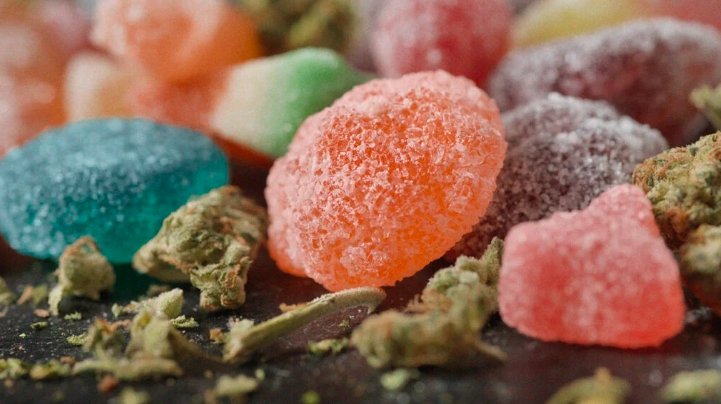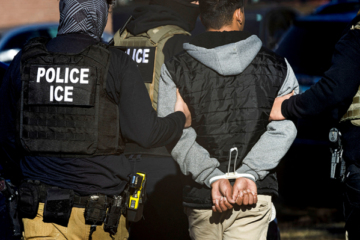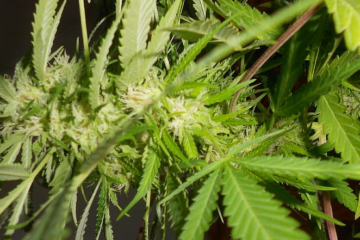As cannabis legalization spreads across the United States, an alarming side effect is emerging: an increasing number of children accidentally ingesting cannabis-infused products. With incidents reaching record highs, healthcare professionals and child safety advocates are raising the alarm about the dangers these products pose to young children.
Alarming Statistics Highlight the Issue
In Maine, 2024 set a grim record for the highest number of children accidentally consuming cannabis products. This trend isn’t isolated; across the nation, similar incidents are on the rise. A recent report by the American Academy of Pediatrics revealed a staggering 1,000% increase in emergency room visits for cannabis poisoning in children over the past five years.
The cases are diverse and sometimes tragic. In Iowa, a father faces charges after his four-year-old consumed a THC-infused bar, highlighting the devastating consequences of insufficient precautions.

Why Are Children Attracted to Cannabis Products?
Cannabis edibles are often designed to resemble everyday snacks or candy, making them highly appealing to children. Bright packaging and sweet flavors mask the potential dangers inside, turning these products into hidden hazards for households.
Dominic Lucia, MD, an emergency medicine expert at Baylor Scott & White Health, describes the symptoms that can appear when children ingest THC:
- Dizziness and hallucinations
- Rapid heart rate and slurred speech
- Breathing difficulties
The active ingredient in cannabis, THC, affects children differently than adults due to their smaller size and developing brains. These effects can be not only immediate but also long-lasting.
The Long-Term Risks of Cannabis Exposure in Kids
THC poses significant risks for a child’s health, both short-term and long-term. Pediatricians warn that ingesting THC can disrupt neural development, leading to potential challenges in memory, learning, and overall IQ.
Other risks include:
- Increased likelihood of developing mental health disorders like depression and anxiety.
- Higher risk of substance abuse later in life.
Because THC edibles take longer to produce noticeable effects—often 30 minutes to an hour—it can be challenging for caregivers to recognize the problem until symptoms escalate.
Steps to Take if a Child Consumes THC
Acting quickly is critical if a child accidentally ingests a cannabis product. Dr. Lucia emphasizes the importance of immediate evaluation by medical professionals. “Supportive care can make a significant difference,” he says.
Here’s what parents should do:
- Stay Calm: Try to determine what and how much was consumed.
- Call the Poison Control Center: Reach them at 1-800-222-1222 for guidance.
- Seek Medical Attention: If symptoms like trouble breathing or loss of consciousness occur, head to the nearest emergency room.
States Grapple with Legalization and Safety
With 24 states and Washington, D.C., legalizing recreational cannabis, and more states voting on the issue, the need for robust safety measures grows. Public health experts are urging legislators and cannabis companies to consider childproof packaging, clearer labeling, and public awareness campaigns to prevent accidental ingestion.
A national conversation is underway about how to balance the expanding cannabis industry with the urgent need to protect vulnerable populations, especially children.



